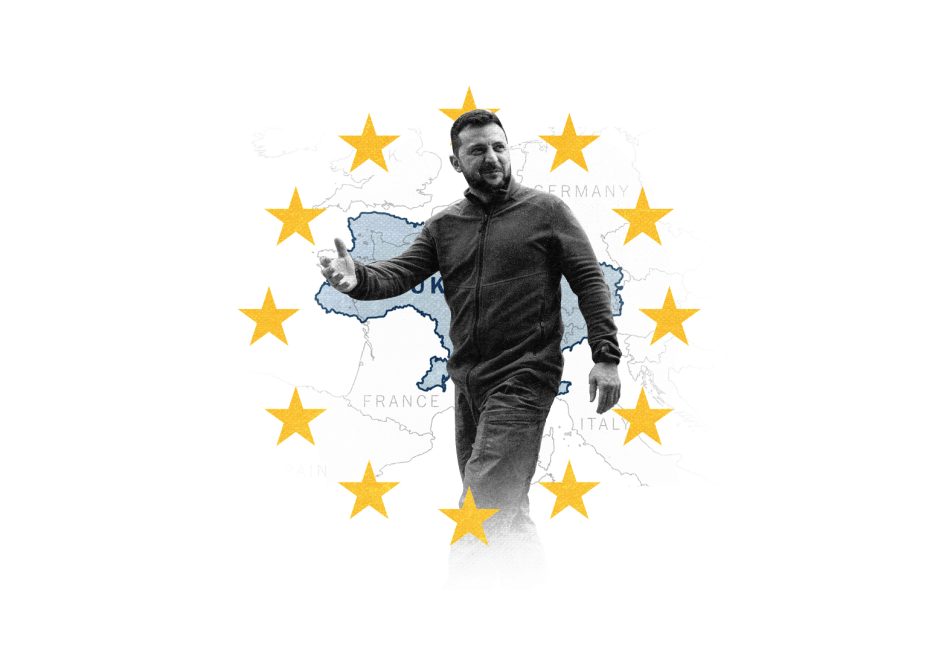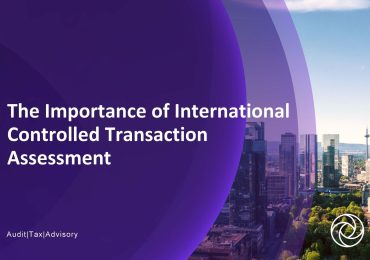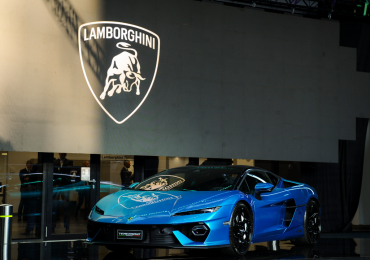On March 3, Georgia submitted an application to become a member of the European Union. The announcement followed a similar move by Ukraine, after tens of thousands of Russian troops crossed its borders from the east, south, and via Belarus from the north. While the European Council was set to make an official decision on the candidate status of Ukraine, Moldova and Georgia in June last year, the European Commission issued an opinion on Georgia’s application for EU membership where it did not recommend to the Council that Georgia should be given candidacy but the perspective to become a member of the EU. The Commission stated that Georgia would be granted candidate status provided that a number of recommendations are addressed.
Georgia’s application for EU membership came amid mounting controversy over its lack of solidarity with Ukraine and reluctance to join international sanctions against Russia. Georgia signed an Association Agreement with the EU in 2014 and accrued a Deep and Comprehensive Free Trade Agreement with the EU and a visa-free regime with Schengen Zone countries. Since then, the EU and Georgia have been working on the implementation of the reforms that Tbilisi promised to enact under that agreement. According to the 2021 Association Implementation Report, Georgia has advanced “steadily on its European path and remained committed to the Eastern Partnership.“ However, the report highlighted remaining important challenges, such as the lack of independence and accountability of the judiciary. These issues had a negative impact on the Commission’s decision not to recommend Georgia’s candidacy for membership. The European Commission gave Tbilisi “proper time to work carefully” on meeting the priorities to win European Union candidate status.
After a brief summer hiatus, the Georgian parliament started addressing a series of measures proposed by the European Commission. The Commission has left the door open for candidate status, meaning that implementing these recommendations will eventually allow Georgia to pursue its European integration efforts. Nevertheless, the Georgian parliament has shown reluctance with regard to the implementation of reforms as per the Commission recommendations, leaving many Georgians disappointed.
The EU’s centrepiece of recommendations to Georgia has been the point on “commitment to deoligarchisation.” While the Georgian parliament has introduced an anti-oligarch bill, the proposed legislation has failed to clearly define the term oligarch. Many have considered this intentional, as Georgian Dream’s leader, Bidzina Ivanishvili, is himself seen as an oligarch by both opposition politicians and the European Parliament.
While it is clear what the term oligarch means in the Georgian context, EU officials have not so far provided clear steps on how exactly deoligarchisation should be implemented. In the meantime, Bidzina Ivanishvili, the founder of the ruling Georgian Dream party, is still widely regarded as the informal ruler of the country. This view got an endorsement from Brussels last year when the European Parliament passed a resolution where it referred to Ivanishvili as an oligarch.
Even though the EU stated in its recommendations that it would like Georgia to address democratic issues and implement reforms by 2023, the Georgian Dream party does not seem to be serious about EU accession, ignoring the will of the majority of Georgian citizens. Since 2018 Georgia has struggled with democratic backsliding. The ruling party has displayed authoritarian tendencies as it harassed independent media and politicised the judiciary system. These issues severely impeded Georgia’s chances to fulfil the strict political criteria essential for obtaining an EU membership candidate status.
At the same time, the Georgian Dream ruling party has not shown active support for Ukraine, nor has it imposed sanctions against Moscow. Against this backdrop, it is crucial for the party to show commitment to the democratic reforms envisaged by the European Commission and stand in full solidarity with Ukraine.
Strikingly, the ruling party cannot change its official rhetoric on European integration since approx. 80 per cent of Georgians actively support EU membership in the EU. The question is how the Georgian Dream party can continue sitting in two chairs – making promises of a democratic future and European integration and simultaneously undermining Georgia’s European integration process. Georgian Dream’s pro-European aspirations are revealing to be only a façade in order to legitimise its power and it might reaffirm the EU’s decision not to grant the country EU candidate status. Should Georgian Dream fail to implement the EU’s recommendations in a timely fashion, Georgia will remain in a vicious cycle of political turbulence. In this scenario, Georgian society will only be able to reverse the country’s political path in the 2024 parliamentary election.









